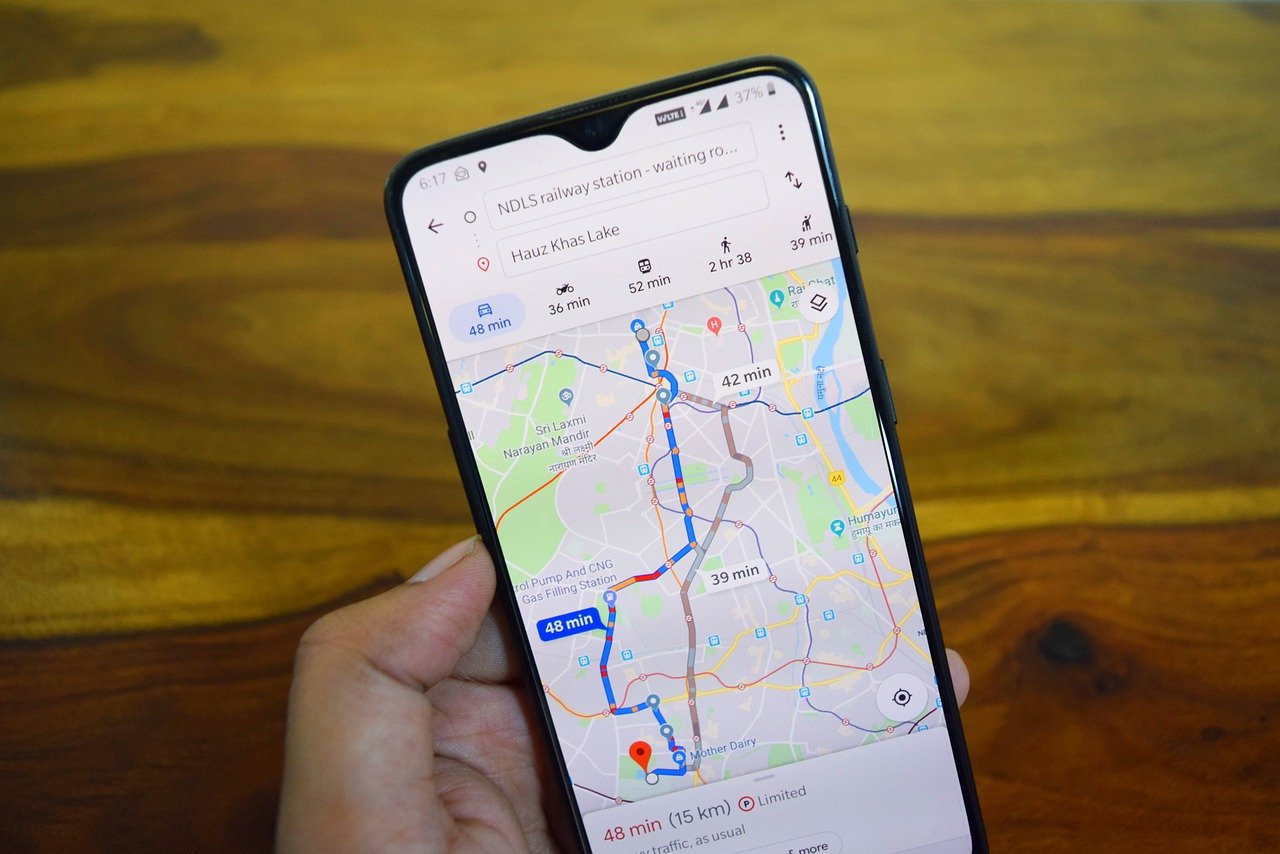The global shortage of computer chips has affected everything from cars to video game consoles. The smartphone seems to be next on the list. Semiconductors have been in short supply this year due to a variety of reasons, including factory closures due to the Covid-19 pandemic and increased demand for consumer electronics. Due to shortages, companies such as General Motors and Ford have reduced or even stopped the production of certain vehicles, video game consoles have also been affected, and gamers are struggling to obtain the new Microsoft Xbox Series X and Sony PlayStation System 5. . So far, you have been protected to a large extent because manufacturers such as Apple and Samsung have key components. “The automotive industry cannot keep up with the development of the smartphone business,” Ben Wood, principal analyst at CCS Insight, told CNBC.
“They find problems slower than people with smartphones.” Wood said that automakers rely on older and larger chips, while cellphone manufacturers use the latest processors. Smartphone sales are also much higher than cars, which makes them the preferred customers of suppliers. At the same time, Sai Alam, the head of Accenture’s global semiconductors, told CNBC that “smartphone companies have not reduced their demand for chips as the auto industry did when car demand is expected to fall in the early stages of a pandemic.
In fact, smartphone companies have benefited from The extra capacity left by auto companies has caused the auto industry to face a shortage of chips, because auto demand is growing faster than expected,” he added. However, mobile device manufacturers are now beginning to feel the impact of the global chip shortage. “Now that the automotive industry and other industries are catching up and starting to restore the capacity they gave up, there is fierce competition for semiconductor supply,” Alam added. “This has put pressure on the supply of smartphone chips.” In 2020, as the coronavirus pandemic rages, the demand for smartphones has fallen. According to Gartner’s data, its sales are 12.5%. However, as some countries lifted the restrictions on Covid, this demand quickly recovered this year. Gartner said global smartphone sales grew by 26% in the first quarter. Apple warned. On Tuesday, Apple CEO Tim Cook warned that restrictions on silicon supply would affect sales of iPhones and other products, such as the iPad.
Cook said that Apple makes power processors for its devices, but the chips are used for daily functions, such as powering mobile screens and decoding audio. Glenn O’Donnell, the company’s vice president and head of research, told CNBC: “Although Apple is one of the most important “big dogs” of chip manufacturers, it is as vulnerable to silicon shortages as everyone else.” Forrester analyst “Although everyone is focused on CPUs (high-end chips), every device (including the iPhone) contains more. Without these chips, mobile phones are almost useless.” CCS Insight’s Wood said, despite this, Apple “so far It has proven extraordinary resilience during the pandemic.” “This proves that they are paying great attention to the supply chain.” Wood added that it may be smaller manufacturers such as China’s Lenovo and TCL and Finland’s HMD Global who are struggling with supply. HMD will launch some new Nokia smartphones this summer, warning that a shortage of semiconductors may pose a challenge to small device manufacturers. HMD chief executive Florian Seiche told CNBC that “we see that there must be general rigidity in the supply chain”. “We can see some imbalances in the market,” he said, adding that the demand for low-end models is quite high. Like Apple, Samsung also benefits from its scale and bargaining power. However, analysts said that the company has not yet come out of the predicament.



